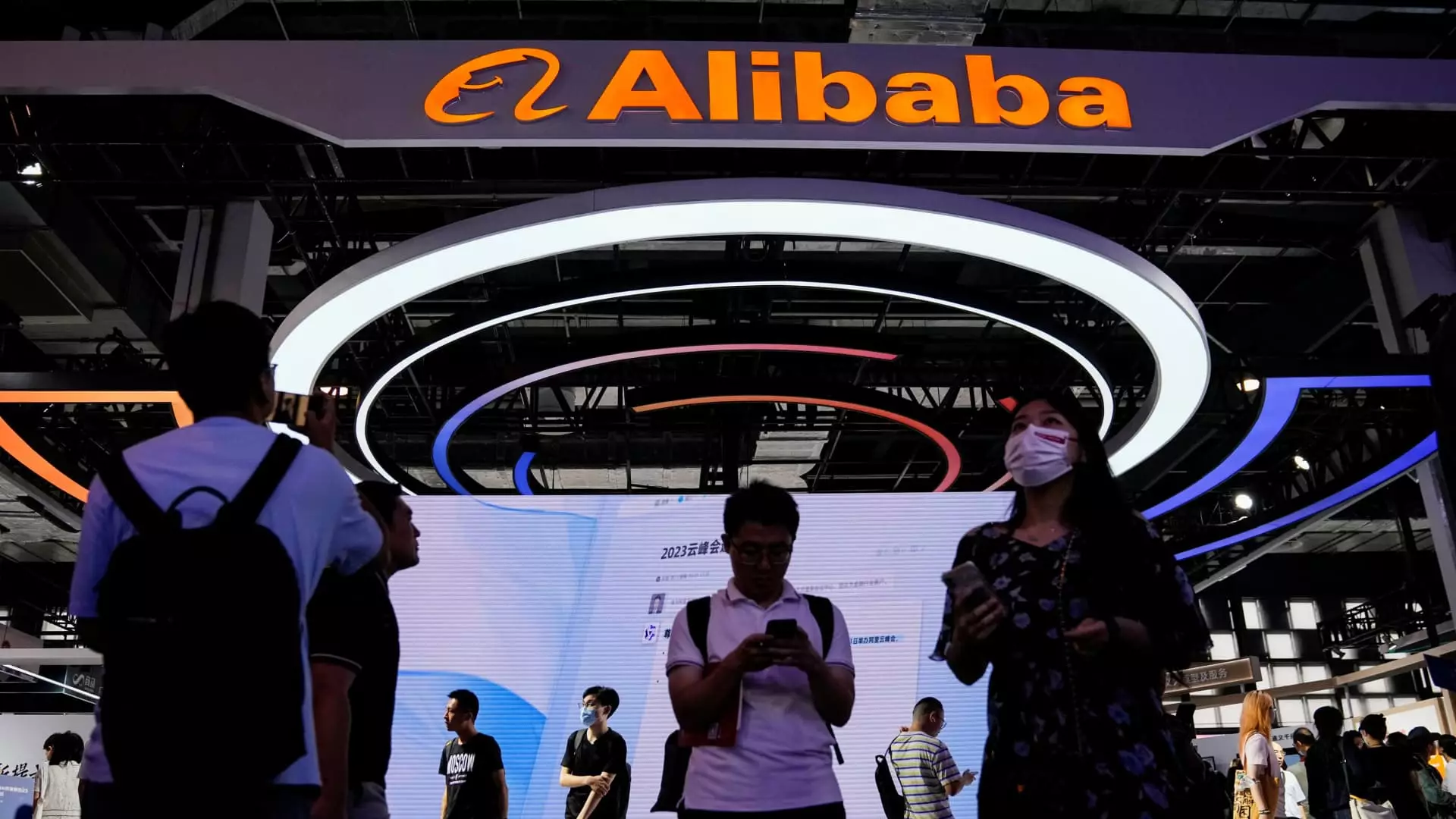In a bold move aimed at redefining the competitive landscape of artificial intelligence, Alibaba has announced substantial price cuts on its large language models (LLMs), slashing rates by as much as 85%. This announcement taps into the rapidly evolving AI sector and highlights Alibaba’s efforts to cement its position amid growing competition. Blockchain technology and AI are at the forefront of a digital transformation, and Alibaba Cloud’s reduced pricing on its visual language model, Qwen-VL, underscores this trend.
Alibaba Cloud’s reduced pricing strategy is not just a financial maneuver; it reflects a strategic response to the increasing pressure from rival players in the technology sector. Companies such as Tencent, Baidu, JD.com, Huawei, and ByteDance have also rolled out their own LLMs to capture market share and ride the coattails of the burgeoning generative AI wave. The announcement did not significantly move Alibaba’s stock, which edged up by 0.5% upon the news, yet it serves as a telling signal of the escalating price competition in the industry.
The potential impact of these price reductions lies in making AI technologies more accessible to businesses of all sizes. By lowering barriers to adoption, Alibaba aims to attract a more extensive customer base, particularly in the enterprise segment, where organizational efficiencies can be realized through AI deployment. The significant price cuts earlier this year, which reduced cloud product costs by up to 55%, testify to Alibaba’s long-term commitment to incentivizing AI integration across various sectors.
Alibaba is not new to this strategy. Earlier this year, in May, it unveiled price cuts reaching up to 97% for its Qwen AI model in an effort to stimulate demand and usage among businesses. The aggressive pricing reflects Alibaba’s willingness to invest in future growth, aiming to become a pivotal player in the AI landscape. Recently reported success indicates that Alibaba’s Qwen models have been embraced by over 90,000 enterprise users, revealing the effectiveness of its outreach and the appetite for AI-generated solutions.
These strategic price reductions and the implemented projects signal a broader trend among technology firms to emphasize AI’s utility over mere functionality. By targeting enterprises rather than the consumer market—a path taken by other giants like OpenAI with ChatGPT—Alibaba is carving out a niche that prioritizes business needs. This differentiation could turn out to be a crucial advantage as the global economy increasingly gravitates towards technology-driven solutions.
The competitive landscape is transforming rapidly with LLMs, and it will be vital for Alibaba to maintain its momentum in the face of formidable competitors. As the race intensifies, the ability to provide high-quality products at a reasonable cost will distinguish successful firms from their competitors. The developments at Alibaba reflect a broader industry movement, where tech companies are not just pushing innovative products but also pursuing aggressive pricing strategies to penetrate the market.
The evolution of the AI sector calls for constant adaptation and innovation, not only in technology but also in pricing models. If Alibaba can sustain customer engagement and enhance its service offerings while maintaining low price points, it could solidify its role as a leader in the commoditization of AI technology. However, the sustainability of low pricing and potential repercussions on profit margins will require diligent navigation.
Alibaba’s price cuts represent a critical strategic pivot in the AI market, one that could redefine consumer and enterprise interactions with LLMs. As other key players respond and adapt to this price war, the long-term implications on market dynamics remain to be seen. While price plays a significant role, the ability to deliver value and innovation will be essential in maintaining a competitive edge. As Alibaba champions its continued development amidst shifts in the market landscape, the focus on quality and enterprise application will be crucial for elevating customer experiences and driving sustained success in a volatile sector.

